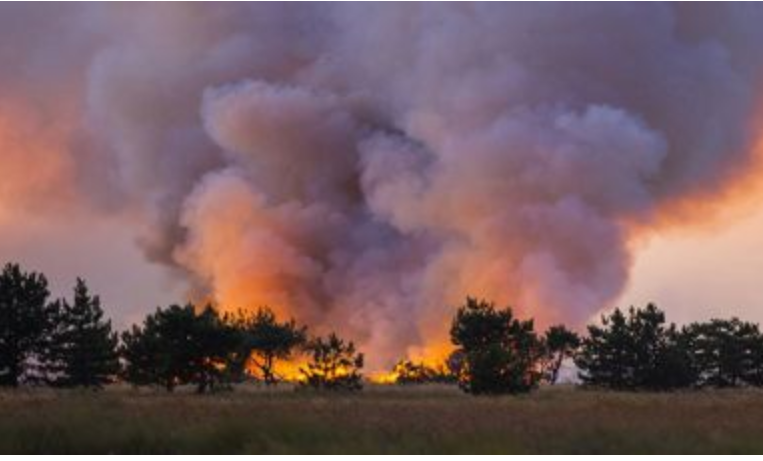Bushfires have been among the major causes of fire outbreaks in major areas of the world. Bush fire is hazardous due to an abundance of fuel(bushes, dry tresses, etc.) that allows the fire to spread and burn for long hours. Bush fire is a broad term that covers three types of fire outbreaks that include grass fires, forest fires as well as scrub fires. All of these types of bush fires are referred to as unplanned vegetation fires. This article will discuss all that you need to know about bush fires, their causes, consequences as well as how to prevent them.

What Causes Bush Fires?
Bush fires can occur naturally or be caused by human action. Lightning strikes can be a natural cause of bush fires. A cigarette butt that is not blown can also result in a bush fire. It should be noted that the weather condition plays a big role in the break out of bush fires. While bush fires, can break out at any time of the year, it is more likely to occur in dry weather. Certain factors influence the break-out of bush fires in dry weather. Some of them are:
– Low humidity
– High temperatures
– Dry vegetation
– Lack of rain
Consequences Of Bush Fires
The outbreak of a bush fire has a lot of consequences due to its unique quality as a fuel. ‘Understanding the risk that comes with a bush fire, will help you to make informed decisions on its prevention.
- Bushes serve as fine fuel and can burn for long hours. You must therefore be careful to prevent a bush fire outbreak.
- Due to the potency of bush as a fuel, bush fires spread as quickly as they start.
- Bush fires can travel as far as 25km within an hour. Yes, they spread that quickly.
- Tall and dry grass burns faster
- Bush fires generate a lot of heat.
Preventing The Outbreak of a Grass Fire
If you live in a grassland area, there are certain steps to take to prevent bush fires.
- If you are a smoker, take a lot of care with your cigarette butts. Avoid throwing your cigar butts on the ground carelessly. Make sure that the butt is extinguished, before disposing of it properly.
- Make sure that fire hydrants close to your house are functional and easily accessible.
- Do not store lawn clippings and dry leaves close to the house.
- Be sure to mow the grass, remove dead limbs and rake the leaves around the house regularly.
- Avoid parking vehicles on dry grass, as their exhaust could provide enough heat to start a grass fire.
- Install protective features such as bush fire windows, to protect your home in the case of a grass fire.
In addition, it is also important to educate your family on the risks and dangers of bush fires. By doing this, the entire family will be conscious of their actions reducing the likelihood of a bush fire.


